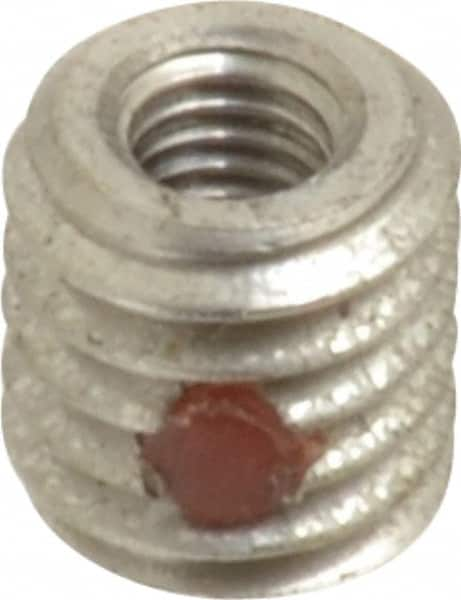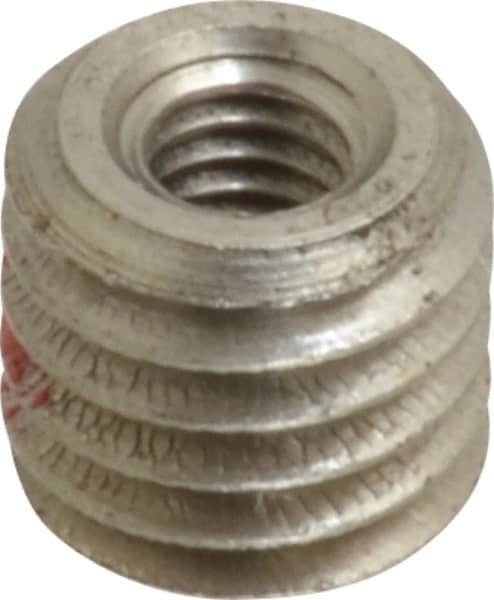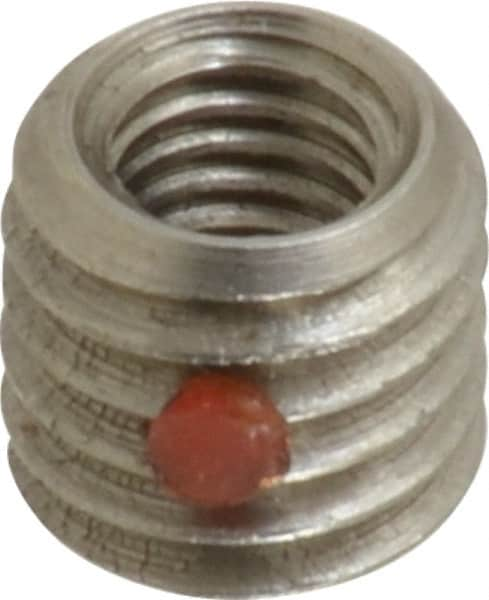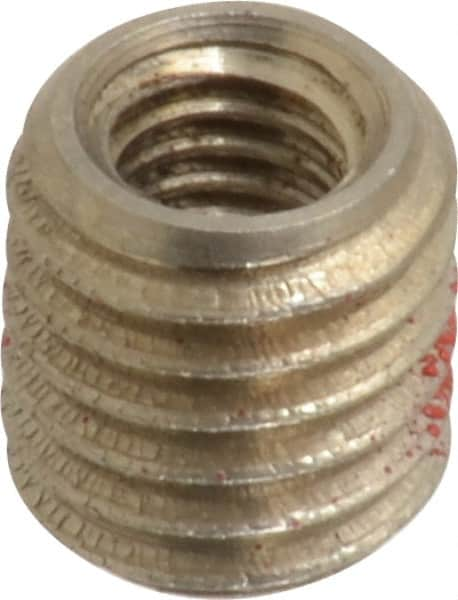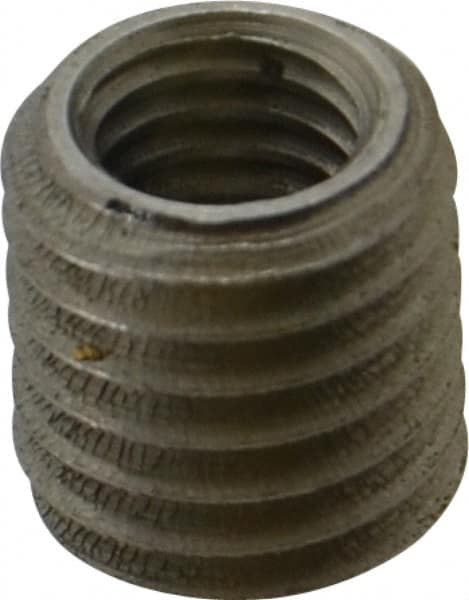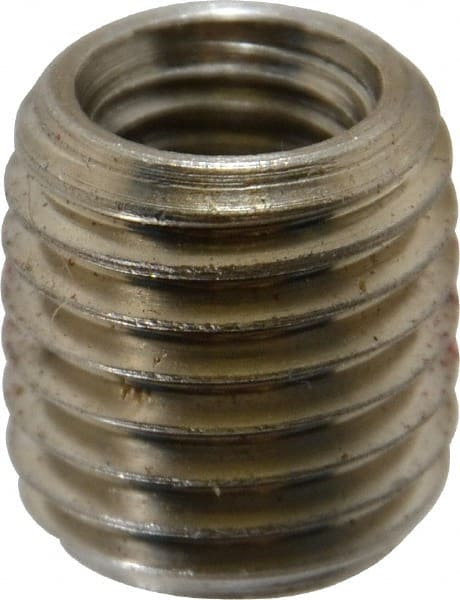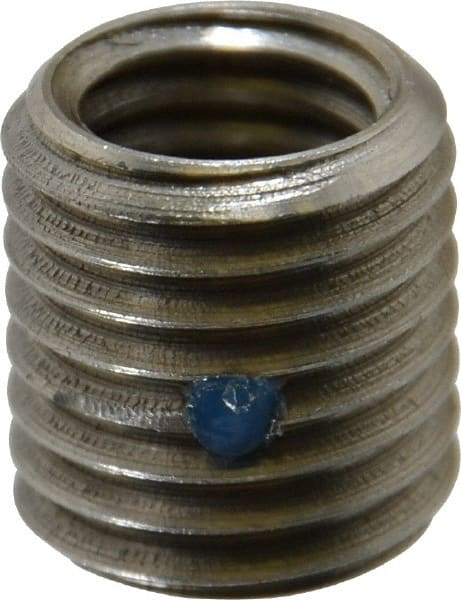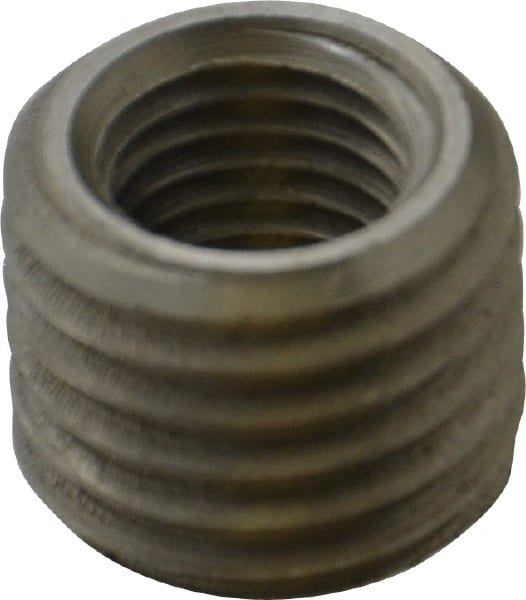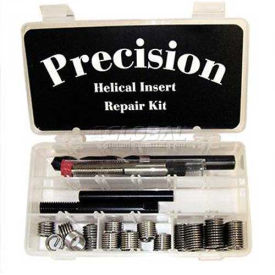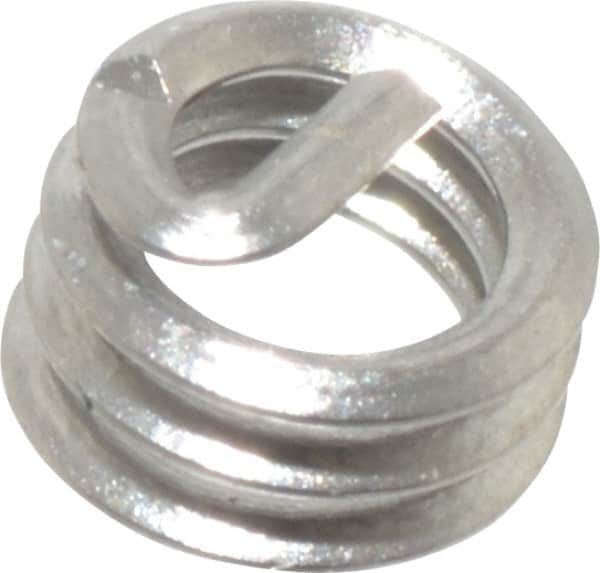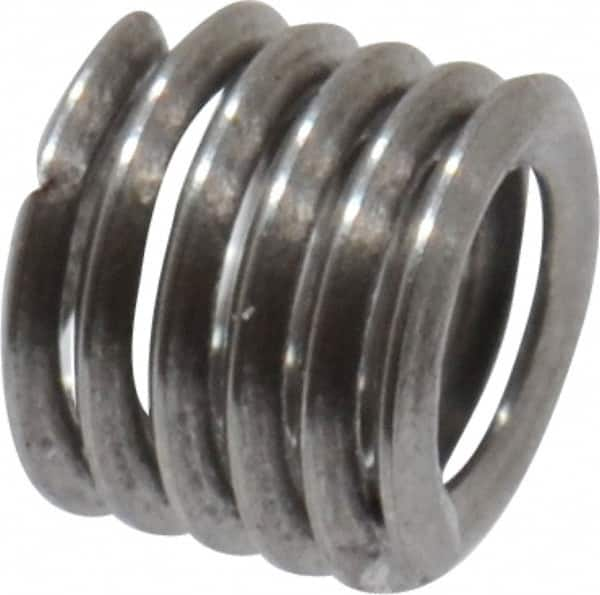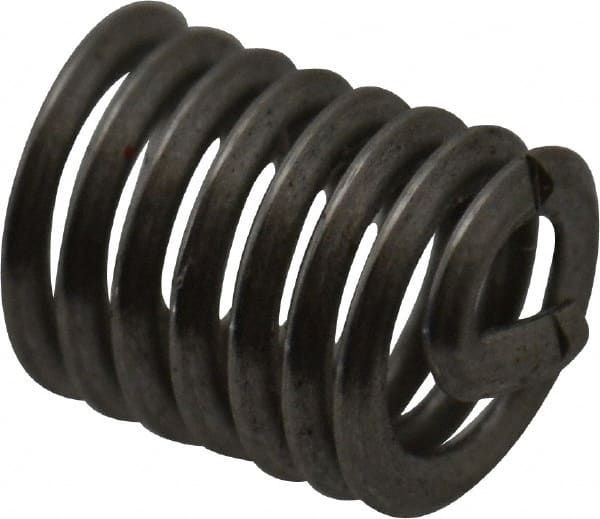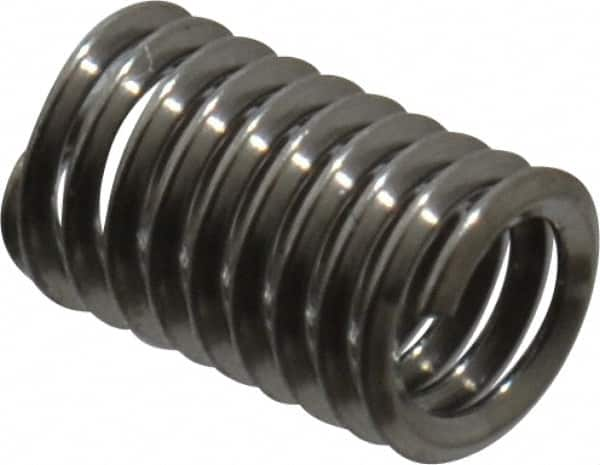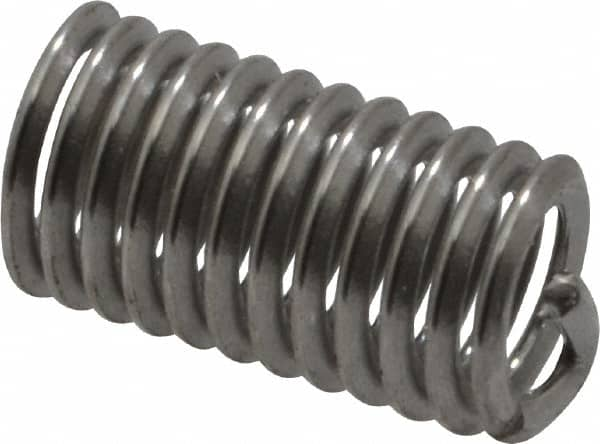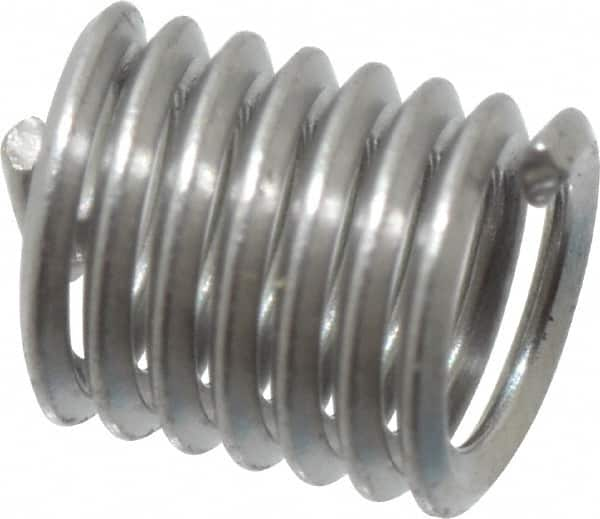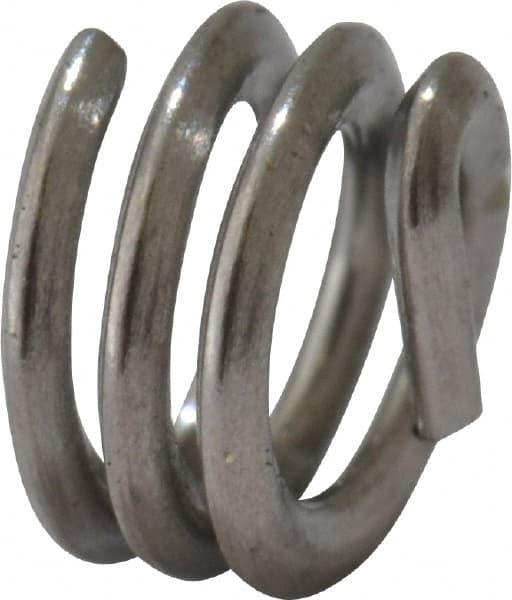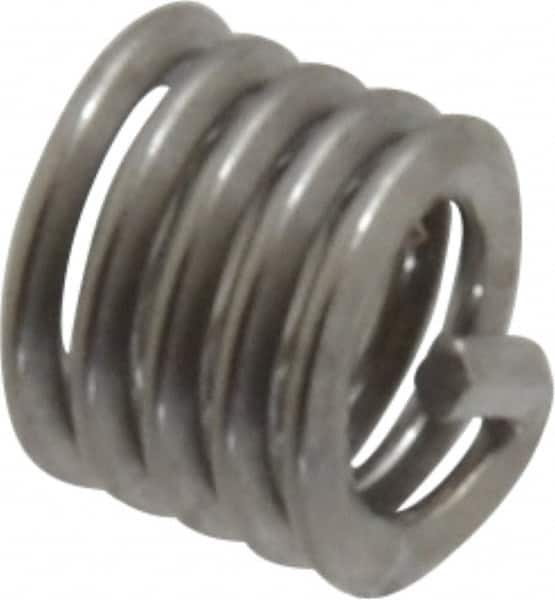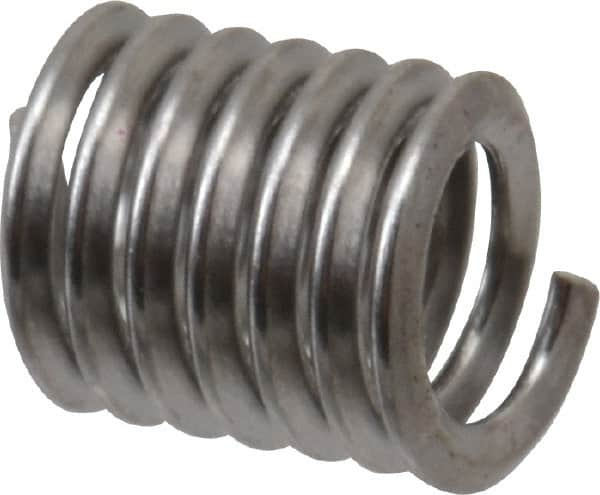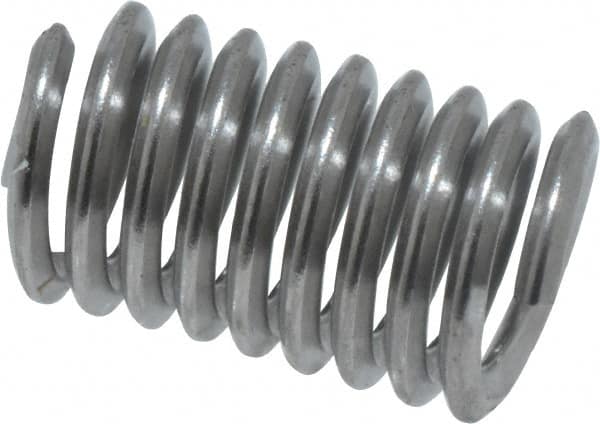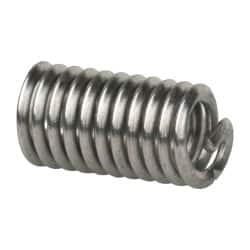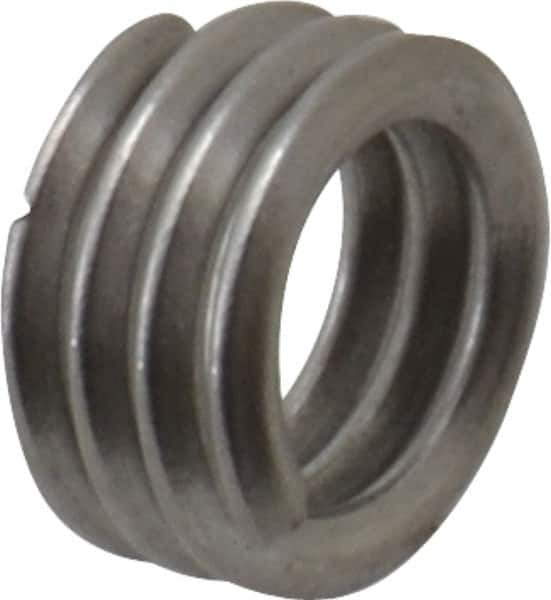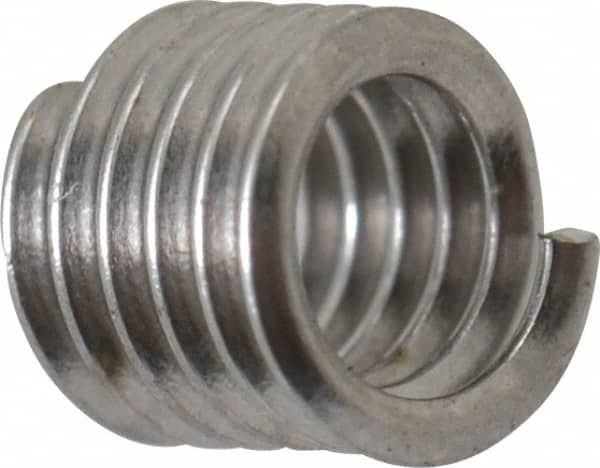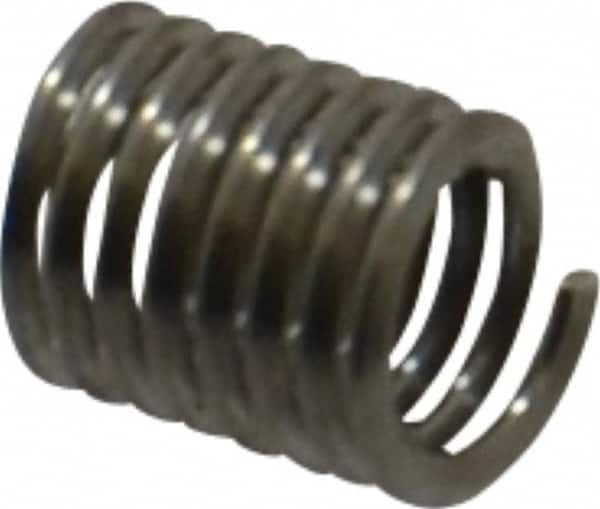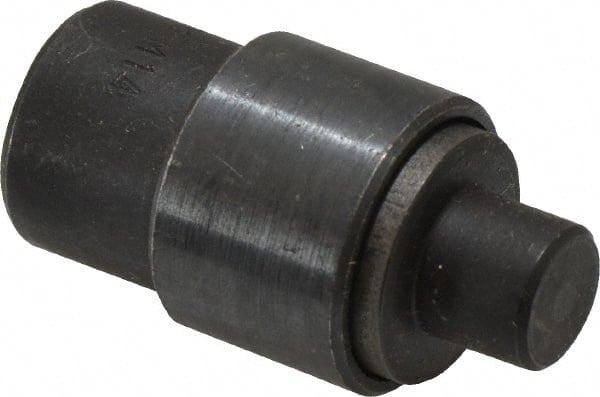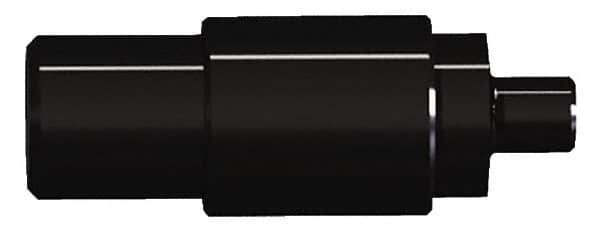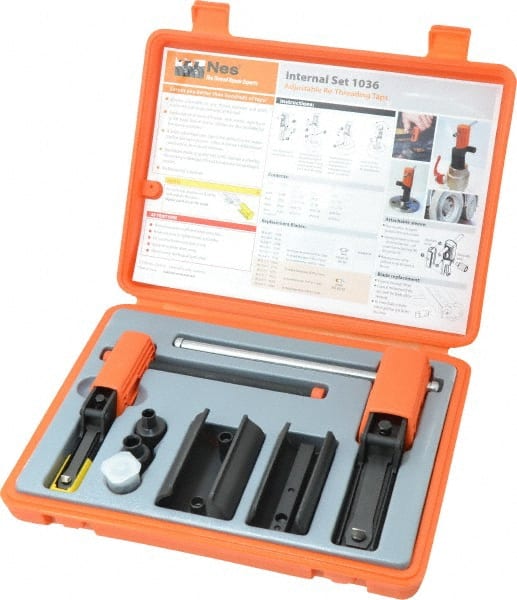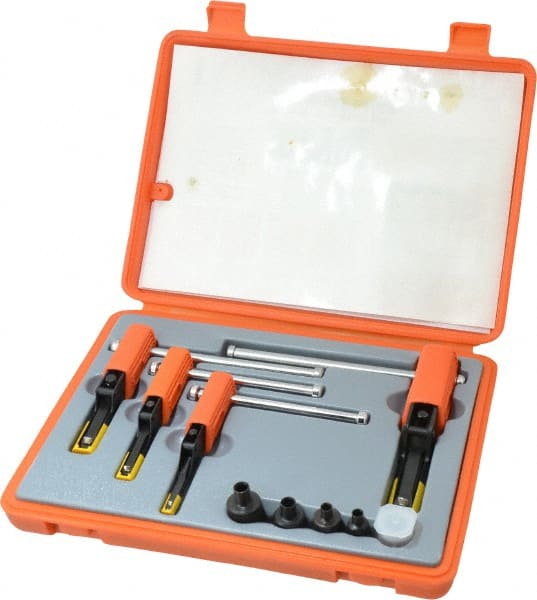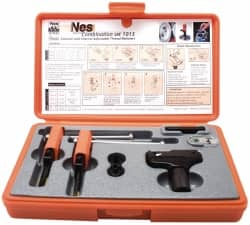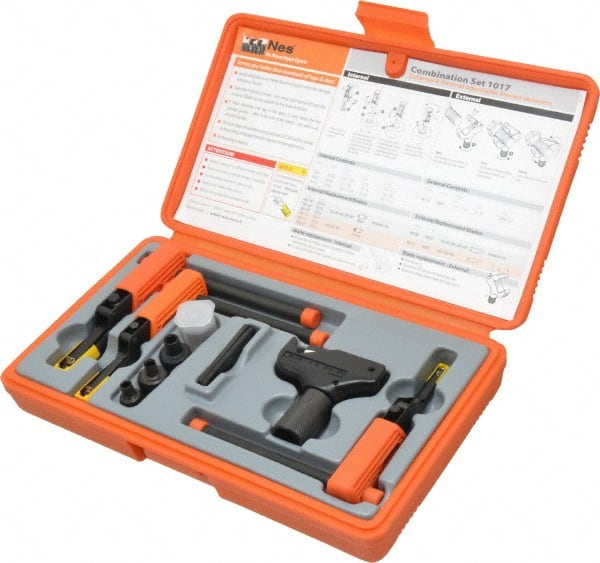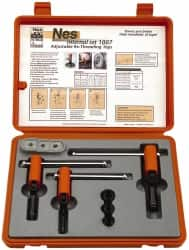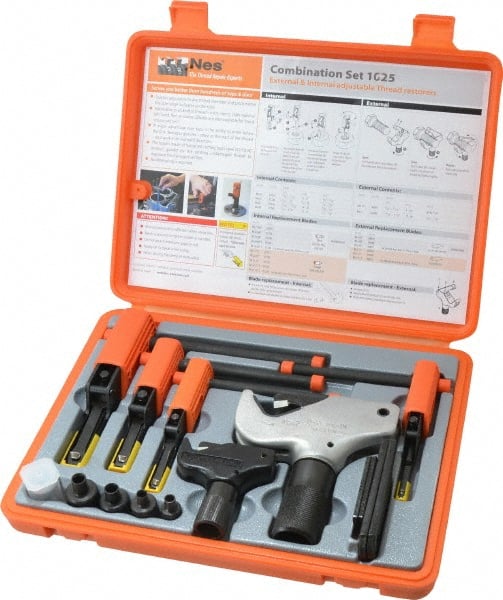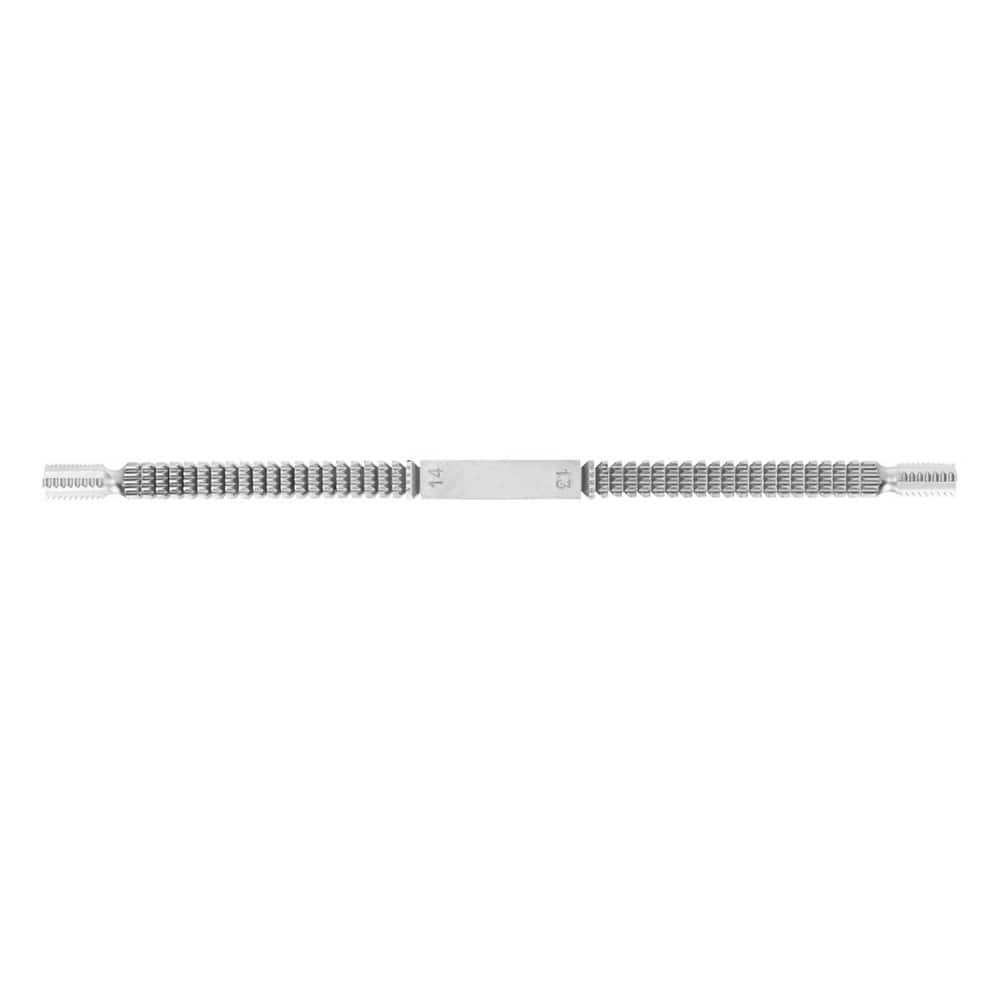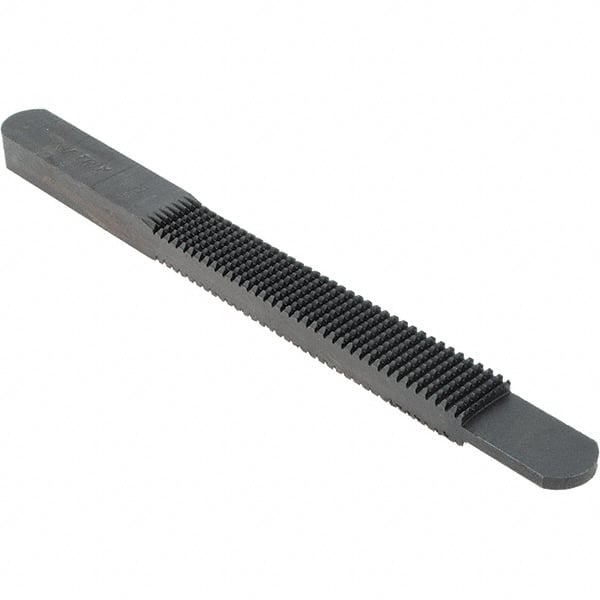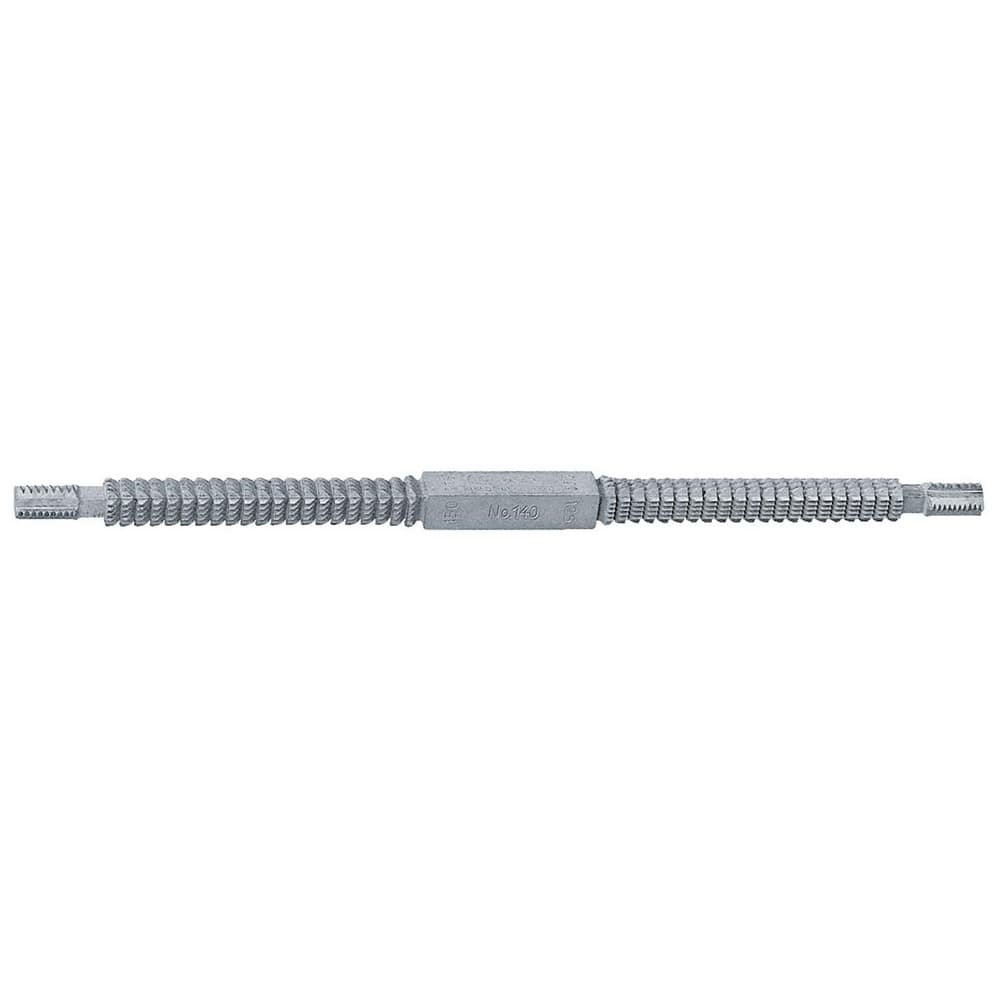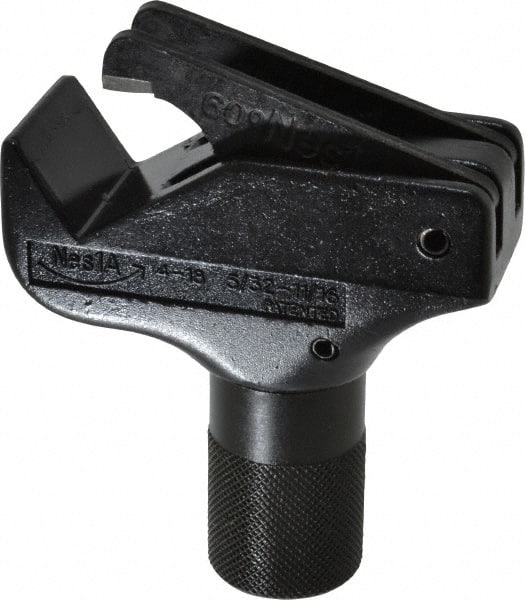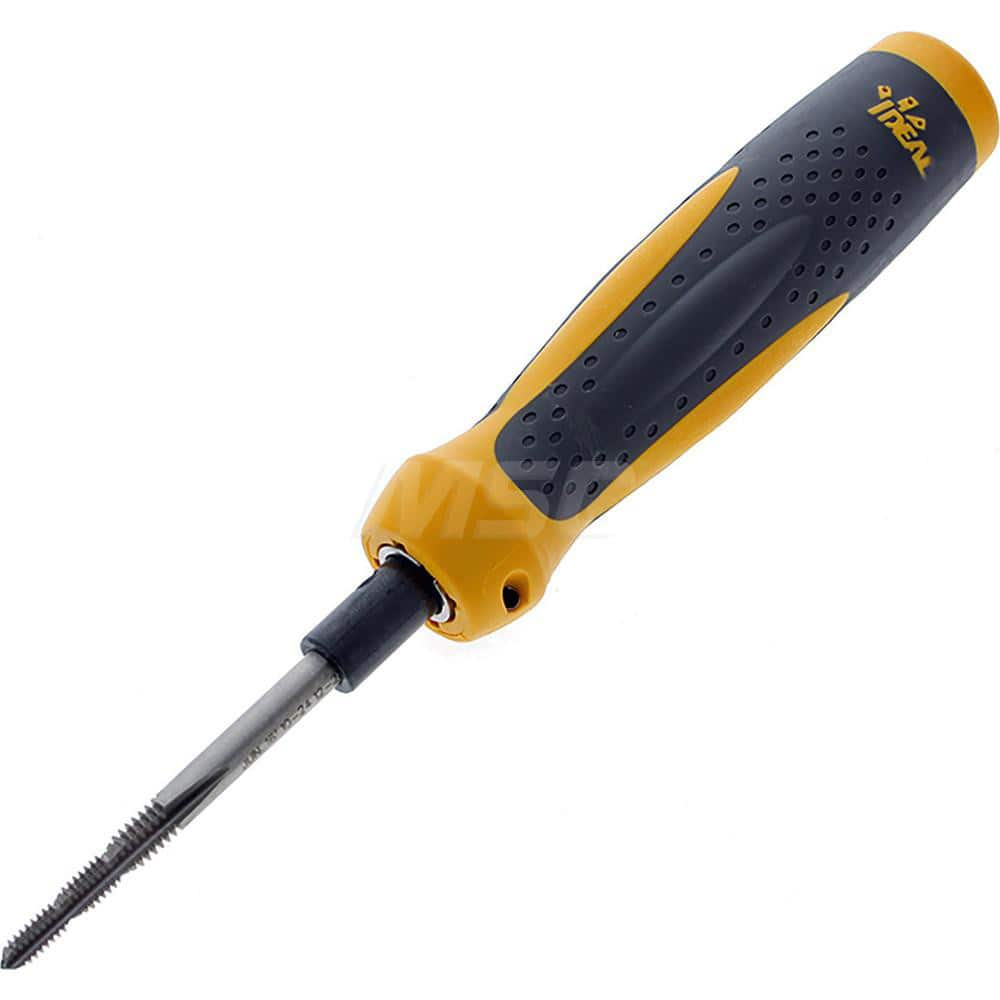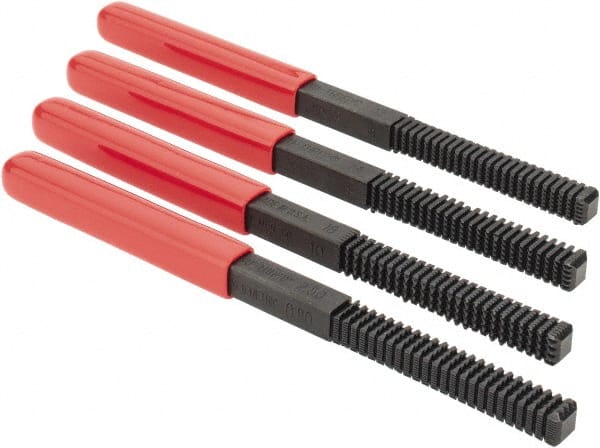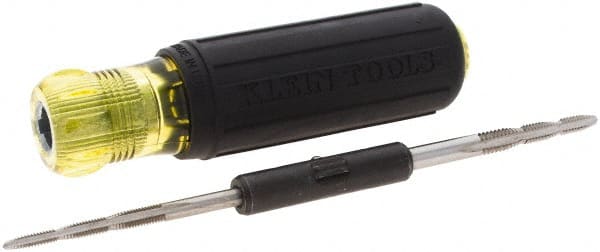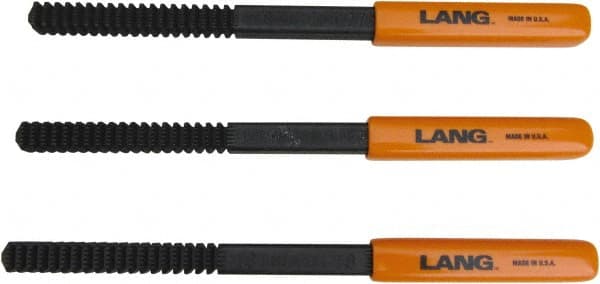Overview
Thread repair and reinforcement are essential skills for anyone involved in maintenance, repair, or DIY projects. Damaged threads can render machinery, vehicles, or even household items unusable, but with the right tools and techniques, you can restore them to their original strength—or even make them stronger. This comprehensive guide dives into everything you need to know about thread repair and reinforcement, covering a range of products from thread repair kits to cleanout taps, threaded inserts, and more.
In this guide, we’ll explore the top products and tools available for repairing and reinforcing threads, discuss their most common applications, and provide expert recommendations to help you choose the right solutions for your needs. Whether you're dealing with stripped threads in an engine, needing to clean out rusted bolts, or reinforcing threads in soft materials, this guide will equip you with the knowledge and resources to get the job done efficiently and effectively.
Read on to discover detailed overviews, typical applications, top reasons to use these products, frequently asked questions, and curated product recommendations that will help you tackle any thread repair challenge with confidence.
Table of Contents
1. Thread Repair & Reinforcement
Overview
Thread repair and reinforcement products are essential for fixing damaged threads and ensuring the longevity of fastened connections. These products provide reliable solutions for repairing stripped or worn-out threads in various materials such as metals, plastics, and composites, making them indispensable tools in automotive, industrial, and home maintenance applications.
Top Applications
- Automotive engine repairs.
- Machinery maintenance in industrial settings.
- DIY repairs and home maintenance.
- Aerospace component repair.
- Electrical and plumbing fixture installations.
Top Reasons to Use
- Cost-Effective Repairs: Save costs on replacing entire components by repairing threads.
- Enhanced Durability: Reinforces threads to withstand high torque and stress.
- Versatility: Applicable to a variety of materials including aluminum, steel, and plastic.
- Ease of Use: Simple, fast installation processes that can be performed without specialized tools.
- Prevents Future Damage: Reinforces threads to prevent future stripping or wear.
Top FAQs and Answers
- What is the maximum size of threads that can be repaired? Most kits can repair threads ranging from M3 to M30 or equivalent.
- Can these products be used on plastic threads? Yes, certain kits are designed for use on plastic, but always check the specifications.
- Do I need any special tools? Basic hand tools are usually sufficient; however, some kits may include specialized tools for specific repairs.
- How durable is a repaired thread? Repaired threads can be stronger than the original if properly installed.
- Can thread repair kits be used in high-temperature environments? Many kits include inserts made from materials suitable for high temperatures, such as stainless steel.
- Is professional installation required? No, most thread repair kits are designed for DIY use with straightforward instructions.
- Can they be used underwater? Yes, certain thread repairs are suitable for underwater applications, depending on the material.
- Do repairs comply with industry standards? Many kits are compliant with ISO and other industry standards for thread repair.
- Are there options for metric and imperial sizes? Yes, kits are available for both metric and imperial thread sizes.
- How do I know which kit to use? Match the kit specifications to your thread size and material requirements.
Product Recommendations
-
E-Z LokSpecial Price $1.01 Regular Price $2.87
-
HelicoilSpecial Price $96.79
-
GenericSpecial Price $5.29 Regular Price $9.13
-
GenericSpecial Price $7.79 Regular Price $11.19
-
Value CollectionSpecial Price $15.99 Regular Price $23.11
-
Value CollectionSpecial Price $19.29 Regular Price $25.33
-
GenericSpecial Price $4.29 Regular Price $6.17
-
GenericSpecial Price $4.29 Regular Price $6.47
-
GenericSpecial Price $5.99 Regular Price $8.74
-
GenericSpecial Price $4.79 Regular Price $9.79
-
GenericSpecial Price $9.49 Regular Price $13.93
-
GenericSpecial Price $6.79 Regular Price $9.64
-
GenericSpecial Price $8.79 Regular Price $12.89
-
GenericSpecial Price $4.29 Regular Price $6.09
2. Cleanout Taps
Overview
Cleanout taps are designed to clean and restore damaged threads in nuts, bolts, and other threaded components. They are typically used to remove debris, rust, or minor damages that hinder the smooth functioning of threaded connections.
Top Applications
- Cleaning rusted threads in automotive repair.
- Restoring threads in industrial machinery.
- Maintenance of threaded fasteners in construction equipment.
- Electrical conduit and piping installations.
- DIY home repair projects involving threaded components.
Top Reasons to Use
- Restores Functionality: Quickly brings back the functionality of threaded parts without the need for full replacements.
- Time-Saving: Simplifies the process of repairing minor thread damages.
- Versatile: Can be used on a wide range of thread sizes and materials.
- Cost-Efficient: Avoids the costs associated with replacing parts by repairing threads in situ.
- Increases Lifespan: Regular cleaning and maintenance with cleanout taps extend the life of threaded components.
Top FAQs and Answers
- Can cleanout taps be used on both internal and external threads? Yes, cleanout taps can work on both types.
- Do cleanout taps remove material? Cleanout taps primarily clean and chase threads, removing minimal material.
- Are they suitable for use on stainless steel? Yes, but it’s essential to choose a tap made from a harder material like high-speed steel.
- What sizes are available? Cleanout taps come in a range of sizes to suit both metric and imperial threads.
- Do I need to lubricate the tap while using? Yes, using lubrication helps extend the life of the tap and ensures smoother operation.
- How do I maintain a cleanout tap? Regular cleaning and proper storage will keep the tap in good working condition.
- Can cleanout taps fix severely damaged threads? They are best for minor repairs and cleaning; severely damaged threads may require full repair kits.
- Can these taps be used with power tools? Some models are compatible with power tools, but manual use is recommended for better control.
- Do they come with a warranty? Many manufacturers offer a warranty, but specifics can vary.
- Can they be used on non-metallic materials? Yes, but always check the manufacturer’s guidelines for compatibility with materials like plastics or composites.
Product Recommendations
-
BalaxSpecial Price $32.79 Regular Price $42.09
-
BalaxSpecial Price $47.79 Regular Price $50.44
-
BalaxSpecial Price $42.29 Regular Price $54.65
-
BalaxSpecial Price $61.99 Regular Price $79.91
-
BalaxSpecial Price $71.49 Regular Price $92.59
-
BalaxSpecial Price $32.79 Regular Price $42.09
-
BalaxSpecial Price $39.29 Regular Price $50.44
-
BalaxSpecial Price $42.29 Regular Price $54.65
-
BalaxSpecial Price $61.99 Regular Price $79.91
-
BalaxSpecial Price $71.49 Regular Price $98.26
3. Threaded Inserts
Overview
Threaded inserts are used to provide a durable thread in materials that are otherwise too soft to support a thread, such as wood, plastic, or aluminum. They are often used in applications requiring frequent assembly and disassembly of parts.
Top Applications
- Reinforcing threads in plastic assemblies.
- Repairing stripped threads in aluminum components.
- Adding threaded connections in wood projects.
- Strengthening connections in 3D printed parts.
- Aerospace and automotive component repairs.
Top Reasons to Use
- Increases Strength: Provides a strong threaded connection in softer materials.
- Prevents Wear: Reduces wear and tear on the parent material by providing a hardened insert.
- Easy Installation: Quick and straightforward to install using standard tools.
- Versatile: Available in various materials and sizes to suit different applications.
- Reusable Threads: Enables repeated assembly and disassembly without damaging the base material.
Top FAQs and Answers
- What types of threaded inserts are available? Common types include helical, key-locking, and press-fit inserts.
- Can inserts be removed and reused? Some inserts can be removed and reused, while others are designed for permanent installation.
- What tools are needed for installation? Installation typically requires basic hand tools; some may need specialized insertion tools.
- Are inserts suitable for high-vibration environments? Yes, specific types like key-locking inserts are designed for high-vibration applications.
- Can they be used in high-temperature environments? Inserts made from stainless steel or other high-temperature materials are suitable for such environments.
- Do inserts work in thin materials? Yes, low-profile inserts are designed for use in thin materials.
- How do I choose the right insert size? Match the insert size to your thread and hole specifications; manufacturer guidelines can assist with this.
- Can inserts be installed in blind holes? Yes, there are inserts specifically designed for blind hole applications.
- Are there inserts for non-metallic materials? Yes, inserts are available for use in plastics, composites, and other non-metals.
- What are the advantages of using threaded inserts? They provide durable threads, prevent damage to the base material, and allow for repeated use.
Product Recommendations
-
E-Z LokSpecial Price $1.01 Regular Price $2.87
-
Chrislynn CorpSpecial Price $272.79
-
HelicoilSpecial Price $0.49 Regular Price $1.29
-
HelicoilSpecial Price $0.53 Regular Price $1.33
-
HelicoilSpecial Price $0.57 Regular Price $1.42
-
HelicoilSpecial Price $0.67 Regular Price $1.44
-
HelicoilSpecial Price $0.73 Regular Price $1.57
-
HelicoilSpecial Price $0.62 Regular Price $1.38
-
HelicoilSpecial Price $0.4 Regular Price $1.29
-
HelicoilSpecial Price $0.43 Regular Price $1.33
-
HelicoilSpecial Price $0.44 Regular Price $1.42
-
HelicoilSpecial Price $0.52 Regular Price $1.48
-
HelicoilSpecial Price $0.55 Regular Price $1.64
-
HelicoilSpecial Price $0.49 Regular Price $1.21
-
HelicoilSpecial Price $0.62 Regular Price $1.29
-
HelicoilSpecial Price $0.68 Regular Price $1.38
4. Thread Insert Tools
Overview
Thread insert tools are used for installing threaded inserts into their designated holes, ensuring proper alignment and secure fitment. These tools simplify the installation process, especially in applications requiring precise thread reinforcement or repair.










